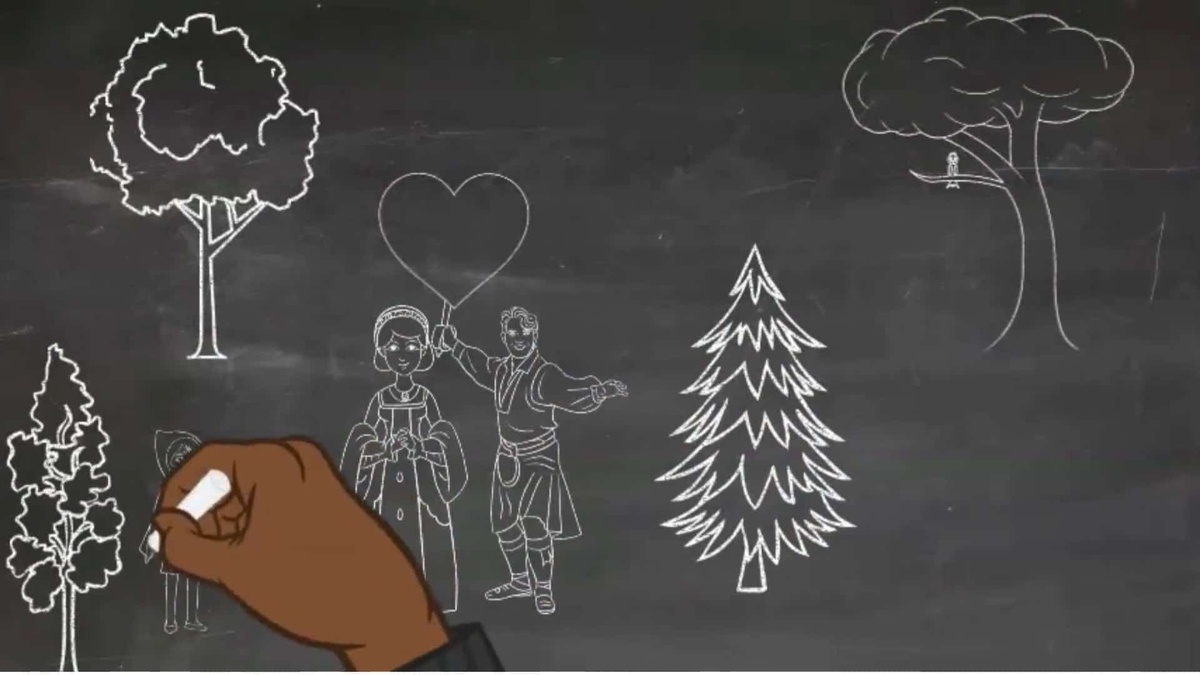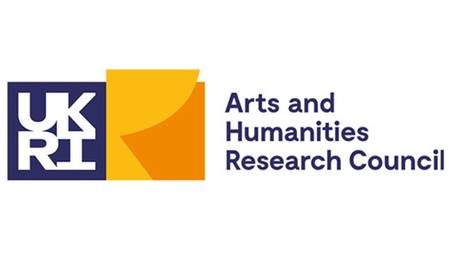Synopses of Scott's Poems
Here are synopses of some of Scott's poems. You and your pupils can watch these videos as part of your lessons on Scott. You will also be directed here during some of the lessons.
We would be very grateful if you could fill out this evaluation form after using these synopses.
'Jock of Hazeldean' is a short ballad. Click here for a synopsis video of Jock of Hazeldean. The only sound in the video is audio description for visually impaired people. If you do not wish to listen to the
Magic, love, fighting, and mystery are all prominent in The Lay of the Last Minstrel. Click here for a short synopsis of The Lay of the Last Minstrel. Click here for the synopsis with captions.
Rokeby is a poem with murder, love, gangs, and secret identities. The characters in this poem make terrible decisions. Click here for a synopsis of Rokeby .
Walter Scott wrote The Field of Waterloo to commemorate the Battle of Waterloo. In this short synopsis, Scott tells fellow writer, Maria Edgeworth, about his poem. Click here for the synopsis with captions . Click here for the synopsis without captions.
The Lord of the Isles is a poem about political intrigue, hidden identities, and love. Click here for a synopsis of The Lord of the Isles.
The Lady of the Lake starts with a knight meeting a strange woman on Loch Katrine. What follows is a story of political intrigure and love. Click here for a synopsis of The Lady of the Lake.
Harold the Dauntless is a dramatic poem with magic and fighting. You can read a synopsis of it by clicking here . You can listen to someone reading the synopsis by clicking here.
If you would like to learn more about Scott's life after watching these synopses, view this PowerPoint on Scott's life.
This work was supported by the Arts and Humanities Research Council Grant Number AH/V011111/1.
It is part of The Edinburgh Edition of Walter Scott's Poetry: Engaging New Audiences. It was developed by Dr Anna Fancett as part of the Walter Scott Research Centre at the University of Aberdeen with the support of Abbotsford, Scott's home in the Scottish Borders and The Association for Scottish Literature.


